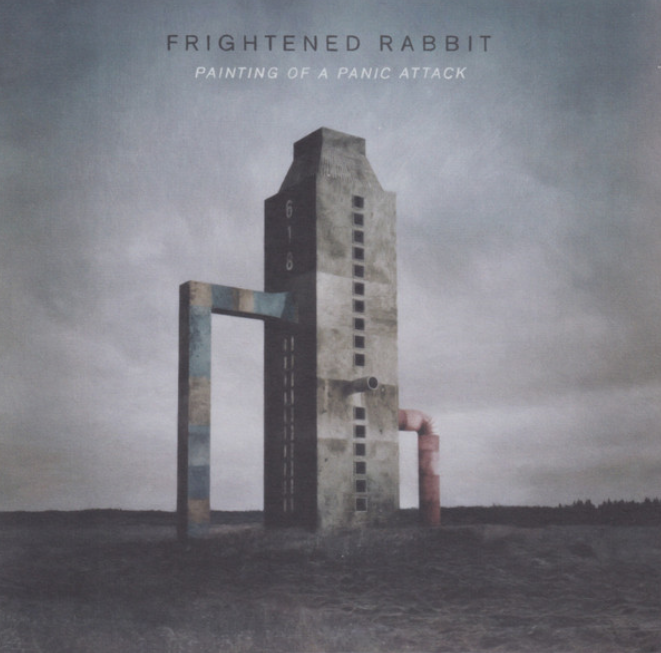What is a panic attack?
More stories from Olivia Marcantuono
“Close your eyes and imagine a brick being put onto your chest. Your chest and face start to become numb. You start panicking and try to get the brick off of your chest, but it keeps growing heavier and heavier to the point where you feel as if your stomach is caving in. Nausea grows and dizziness consumes your brain. Suddenly, millions of disembodied eyes stare at you. They are watching your every move, laughing at you as you struggle to breathe. You’re clawing at the brick now, and everything seems so hopeless. The eyes keep getting bigger and bigger as they mock you. You’re ready to give up hope and breathe your final breath, but, suddenly, a thought crosses your mind. Not a bad thought, but a thought of your favorite TV show or your friends. The eyes start to disappear, one by one, and the brick starts to melt into the air. You can finally move, and you can finally breathe.”
This isn’t dialogue from a horror movie or a book. This is what panic attacks feel like. This can happen multiple times a day, and the effects can last as long as 10 hours.
The lead singer of Frightened Rabbit, Scott Hutchison, described his panic attacks, mental health, and how it affected his life.
One of his songs called “Still Want to be Here,” is about his fear of death and resentment towards life. Hutchison unfortunately died due to his mental state and took his own life after telling his fanbase to “Be so good to everyone you love. It’s not a given. I’m so annoyed that it’s not. I didn’t live by that standard and it kills me. Please, hug your loved ones.”
Many people can suffer from thoughts like Hutchison did, so, in his memory, a charity was made in Hutchison’s honor called Tiny Changes. This charity was made to spread awareness about mental health and to improve the mental health of children and young people, with Hutchison’s family explaining that they hoped to continue “the positive impact that his art and music had on so many people.”
Continuing its mission to “make young minds feel better,” Tiny Changes wrote: “We can only do that with your help. If you have an idea that will help young minds feel better and address inequality in Scotland, we’d like to hear it. We invest in new and existing projects. We fund research and support innovation that will improve young people’s mental health.”
A great way to help subside a panic attack is to find a healthy way of coping. This can be through using breathing techniques and meditation, taking medicine like anti-depressants (only when prescribed by a doctor), seeing a professional therapist, or considering getting an ESA (emotional support animal). The article “Panic Disorder” gives many ways to help get through a panic attack in healthy ways. The mental health hotline is open 24/7 – (SAMHSA) : (800) 662-4357


